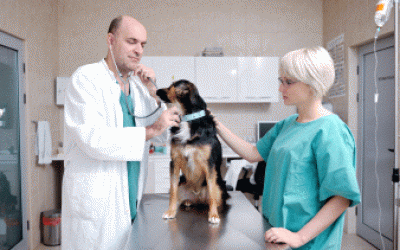Canine Parvovirus
|0 Comment
Canine parvovirus is a highly contagious virus that affects dogs, not humans. Mortality rates for this virus can be as high as 50 – 80% in small dogs and puppies. Since vaccinations can prevent this virus, puppies that are not protected by maternal antibodies, have not been vaccinated







